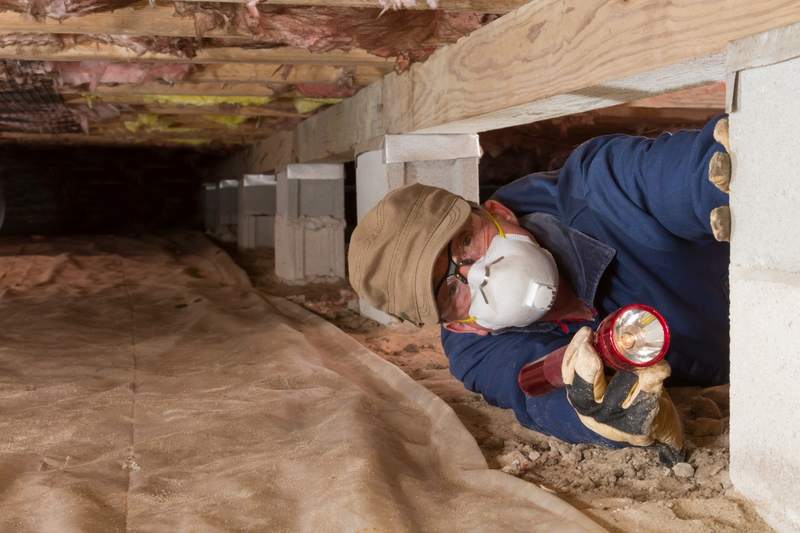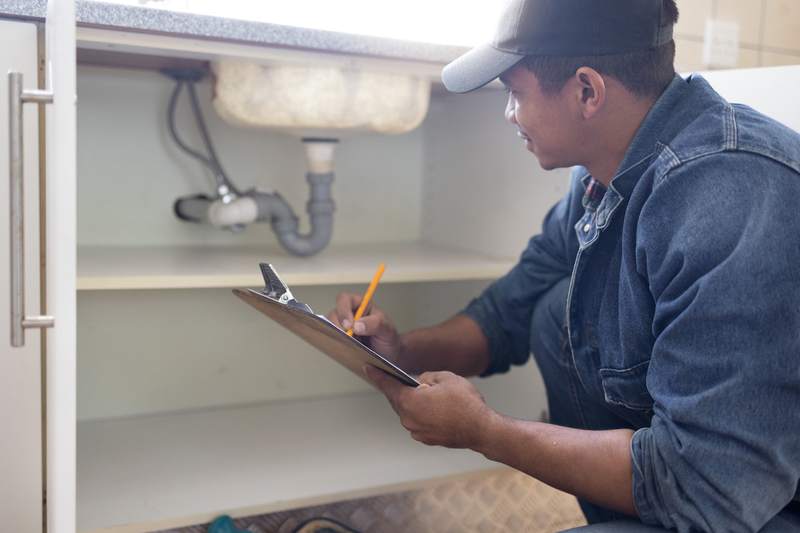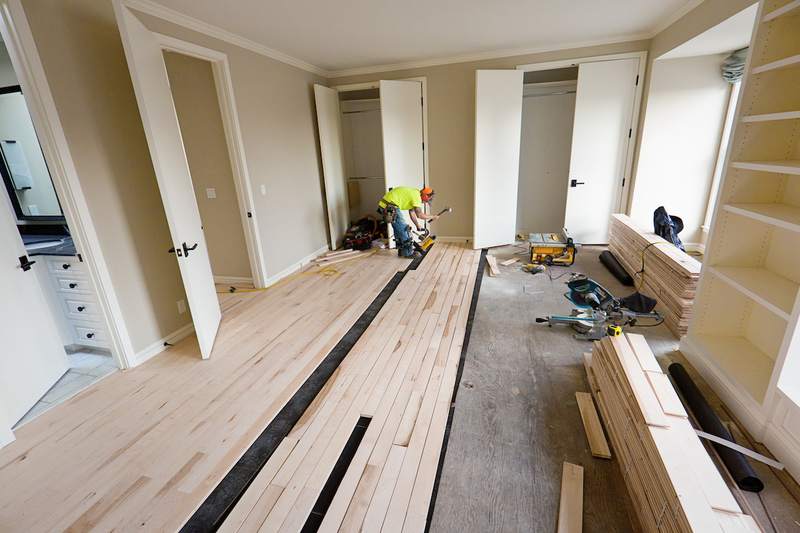
Buying a home that’s for sale “as is” may get you a good deal on a property with a lot of potential. At the same time, buying a home as is comes with certain risks — namely, you may not know what condition the home is in until after you’ve bought it. At that point, the repairs are all on you.
Here are 11 steps to take before you commit to making an offer on an as-is home.
1. Consult Your Real Estate Agent
A knowledgeable real estate agent will know what red flags to watch for when buying an as-is property, and can help you gauge the risk involved. Your agent also can help when it comes time to negotiate. A seller won’t make repairs, improvements, or changes to the property before closing, but they may be open to making other concessions to finalize the deal.
2. Include Appropriate Contingencies in Your Offer
Contingencies are conditions listed in the purchase and sale agreement that must be met for the sale to close. Contingencies are important because they generally protect buyers by giving them a way to cancel a sale, even after signing a contract. For example, a home inspection contingency lets the buyer walk away from the deal without penalty if the inspection reveals major problems with the home.
3. Order a Home Inspection
During the home inspection, a licensed professional will examine the home and assess its condition. A home inspection is especially important to have done when you’re buying a home as is, so you know exactly what shape the property is in.
Listing a home for sale as is may exempt the owner from providing a seller’s disclosure on the home’s condition. That’s why it’s extra important to have the home inspected, and to know exactly what you’re buying.
4. Review Required Disclosures
Selling a home as is means the owner may not have to provide the conventional seller’s disclosure about known defects in the home. However, certain disclosures are required by law when it comes to safety hazards. For example, if the home contains lead paint, the seller has to let you know. In addition, states such as California require the seller to notify the buyer of any defects that may not be apparent and could have an effect on the home’s value.
5. Check Your Lender’s Requirements
Mortgage lenders often have requirements a property must meet before they will approve a loan to buy it. These requirements include certain livability standards, known as minimum property requirements. At the very least, your home will need to have a solid foundation, and be safe to live in.
6. Shop For Repair Estimates
To understand if you’re getting a good deal on a home, you’ll need to know how much any necessary repairs will cost. If the cost to fix the home exceeds the discount you’re getting on the purchase price, then it might not make sense to buy it.
You can search online to get an idea what some repairs might cost. For larger renovations, you’ll need to contact contractors and ask for estimates.
7. Figure Out How To Pay For Essential Repairs
Of course, you’ll need to figure out how to pay for repairs. Will you have enough money left after the down payment, closing costs, and moving expenses to pay for renovations? If not, you may need to live with some defects until you’ve saved up enough to pay for repairs. While it may be tempting to put them on a credit card, keep in mind that credit cards often come with high interest rates that can make repayment expensive.
8. Consult Your Lawyer
States have varying laws about how much the owner of a home must disclose to you about its condition when selling. A lawyer can help you understand the law where you live, and help ensure you’re protected with contingencies in the purchase and sale agreement.
9. Conduct a Title Search
A title search is a review of public records to confirm ownership of a property, including the right to sell it. It also will reveal if there are any unknown liens or claims against the property. Making sure the title is clean will prevent claims from a previous owner’s creditors or heirs from becoming your problem.
10. Make Sure You Can Insure the Property
Lenders typically require borrowers to have homeowners insurance to protect the property against losses. However, some properties are more difficult to insure than others. For example, insurers see older homes as riskier to ensure, which can translate to either higher premiums or the insurer refusing to cover the home at any price.
If you’re buying a home as is, you should look into insurance coverage in advance, to make sure you can get an affordable policy.
11. Consider Buying a Home Warranty
Home warranties cover your home’s functional systems and appliances. While the coverage won’t extend to repair or replace anything that’s already broken, it can save you money if something else breaks.
FAQ
Here are answers to some common questions about buying a home as is.











